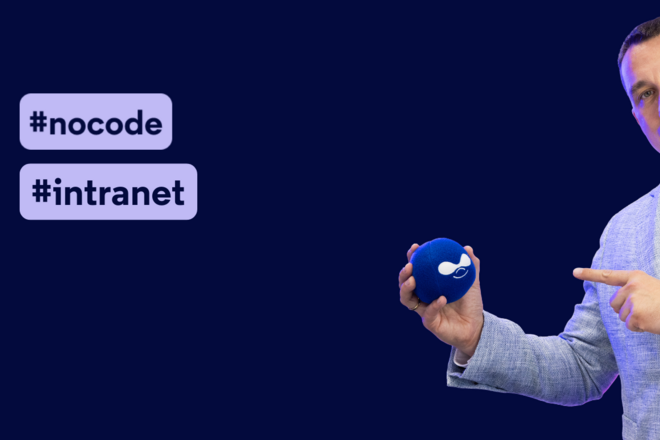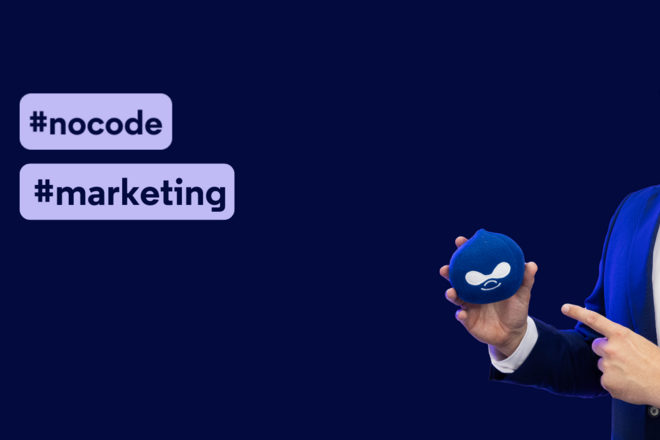Blog /Modern Drupal
Modern Drupal is a series of tutorials about Drupal with useful tips, tools and modules you can use right away.
The blog articles in this section are based on transcriptions of videos published on the Polish YouTube channel - Nowoczesny Drupal (eng. Modern Drupal). Each topic is developed by experts with more than 10 years of experience using Drupal on a daily basis.










